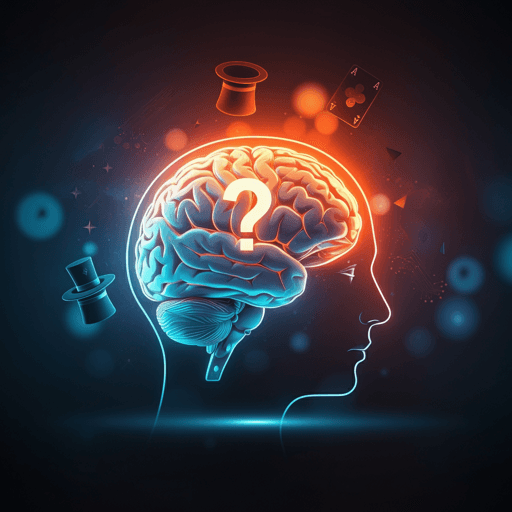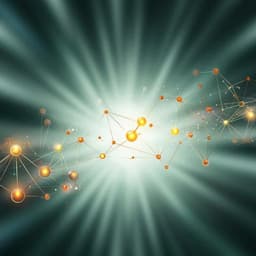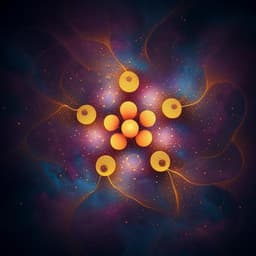
Psychology
Broad brain networks support curiosity-motivated incidental learning of naturalistic dynamic stimuli with and without monetary incentives
S. Meliss, A. Tsuchiyagaito, et al.
Curiosity—the intrinsic desire to know—boosts memory and shows reward-like effects, but how does it interact with extrinsic incentives during naturalistic learning? Across two behavioral studies (N₁ = 77, N₂ = 78) and one fMRI study (N = 50) using magic-trick videos, this research found that curiosity and incentives independently enhanced encoding and produced distinct memory and brain-network signatures. Research conducted by Stefanie Meliss, Aki Tsuchiyagaito, Phoenix Byrne, Carien van Reekum, and Kou Murayama.
Related Publications
Explore these studies to deepen your understanding of the subject.







